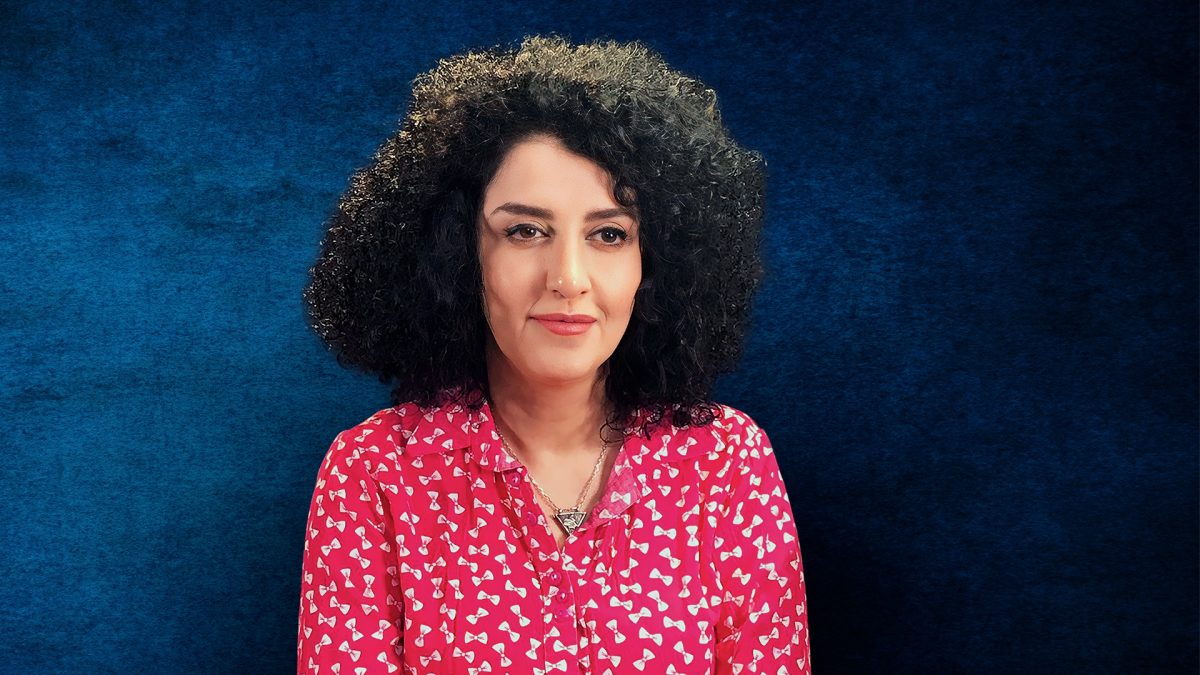Women in Iran have long suffered from misogynistic and discriminatory laws aimed at limiting their freedoms within society. For instance, according to Time Magazine, lack of bodily autonomy is demonstrated in the laws allowing girls as young as nine years old to be married as long as their families are in accordance.
However, likely the most impactful of these laws is the compulsory hijab bill, which mandates women to wear veils in all public settings. According to Human Rights Watch, violations of this law are met with punishments ranging from fines to imprisonment for up to two months. Additionally, unveiled women are subject to firings, being denied access to healthcare or education, and being publicly harassed.
On occasion, such harassment can progress into violence. As described by Amnesty International, on October 1, 2023, Armita Garawand, a sixteen-year-old schoolgirl, fell unconscious on the Tehran metro after being assaulted by an enforcer of the veiling laws. She was taken to a hospital in a coma, and since then, Iranian media has been pushing the story that her condition was caused by “a drop in blood pressure” despite video evidence and accounts by eyewitnesses.
The many injustices women face in Iran have given way to activist movements fighting to provide women with equal rights, bodily autonomy, and freedom within society.
Narges Mohammadi is a prime example of such an activist. Growing up in Iran surrounded by these inequalities, she has spent her life advocating for women’s voices, and, most recently, was awarded this year’s Nobel Peace Prize.
According to PEN America, she is currently imprisoned at Evin Prison in Tehran, having been convicted for “spreading propaganda against” the state. However, this has not stopped her from reporting on the abusive conditions the women at Evin Prison are subjected to. Mohammadi documented that they are being kept in solitary confinement for extended periods and are deprived of necessary medications, exacerbating already grave conditions, and that sexual assault is a struggle she and her fellow prisoners must endure.
Prior to being jailed, Mohammadi was a vital member of numerous protests and movements and, in turn, has been named the “undisputed leader” of the women’s rights movement by Berit Reiss-Andersen, the head of the Norwegian Nobel Committee.
The Iranian Regime has arrested Mohammadi “13 times, convicted her five times and sentenced her to a total of 31 years in prison” due to her engagement in politics and activism, according to NPR. No matter how strongly the Iranian government pushes back, Mohammadi has spent her life fighting for gender equality and will not give up until Iranian women are given the fundamental rights they deserve.
Although Mohammadi’s recognition from the Nobel Committee will help highlight the pressing need for change in Iran as well as in the rest of the world, there is still a long road ahead to achieve true gender equality.


